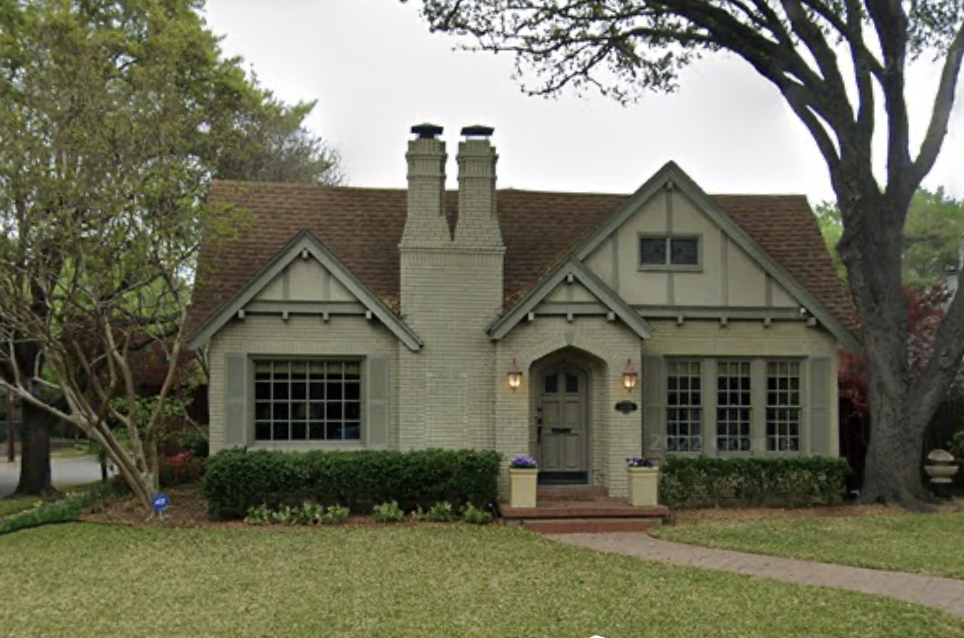
Otto and Norma Beutel married in 1916 and moved into a home on Hood St. in Dallas. Along with Norma’s mother and brother, the household soon added a daughter, Betty G, and a son, Jack Allender Beutel. In 1928, the four members of the young family moved to 4338 Vandelia St. in Perry Heights. Otto was a sales manager for P. F. Collier & Sons Publishing Company and Norma was a soprano in a singing ensemble. The two children eventually attended North Dallas High School. While in high school, young Jack began acting in the Dallas Little Theater, a community theater.
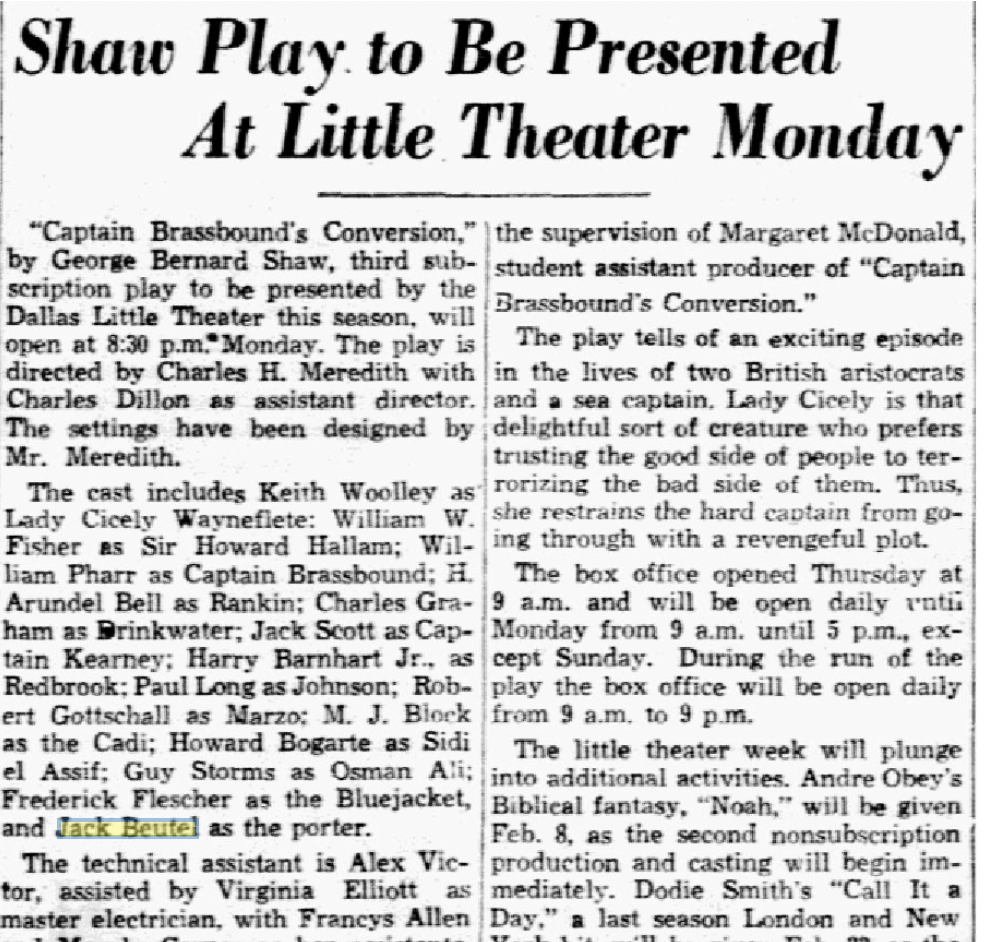
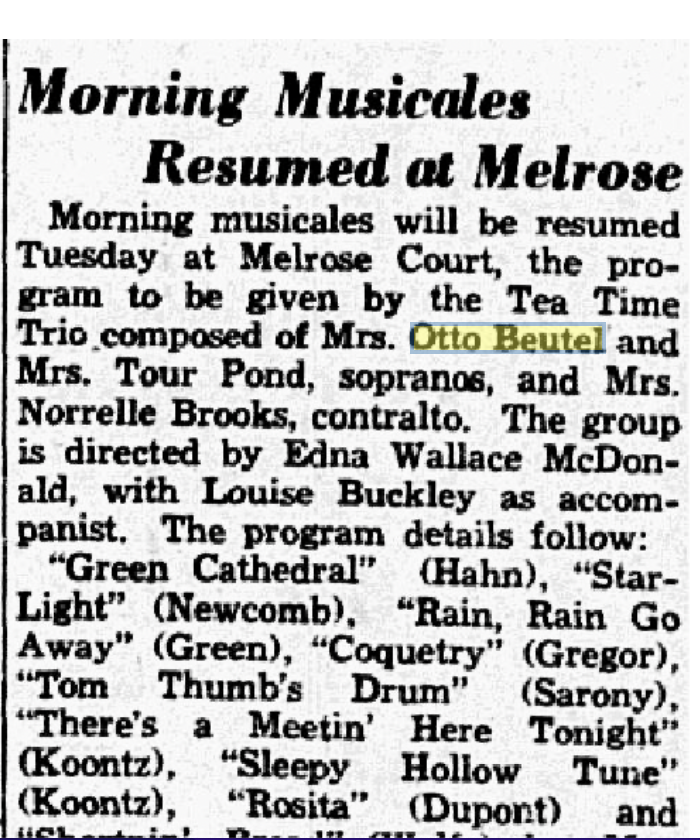
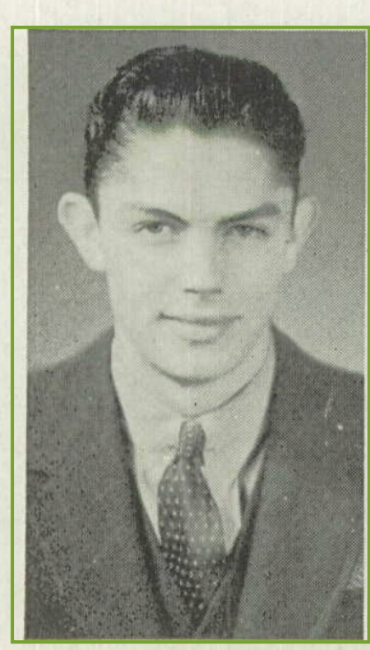
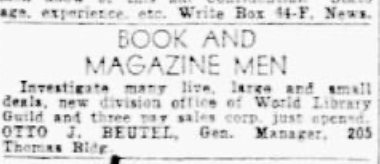
Otto had been born and raised in Dallas. His parents, Fred and Henrietta emigrated from Germany in 1872. They lived on Masten St. (now known as Maryland Ave.) in Oak Cliff. Fred and Henrietta raised eight children with the help of a housekeeper and a cook named Earline. Fred supported his family as a barber. As a teenager, Otto worked in a shoestore.
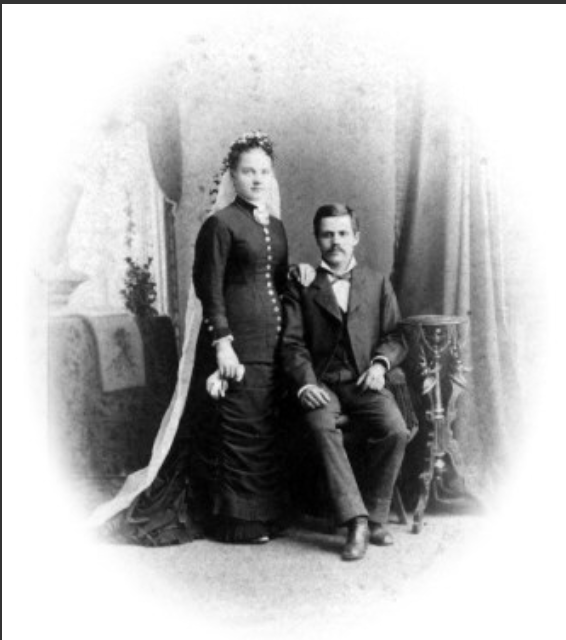
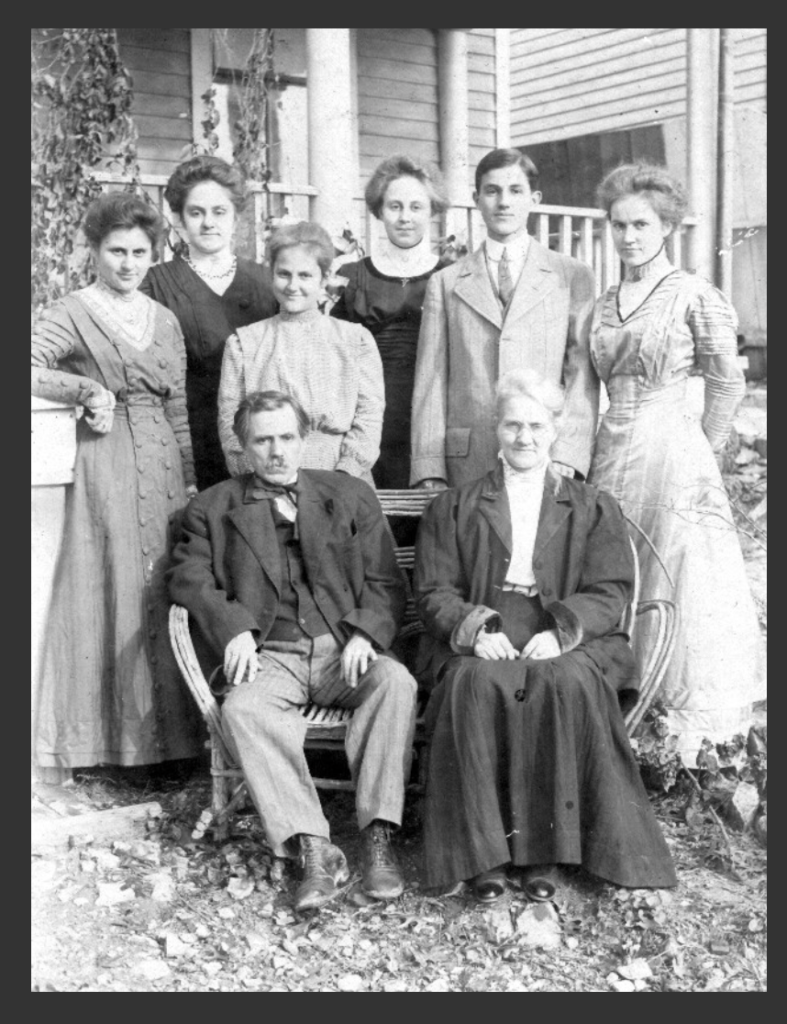
Otto and Norma lived in the house in Perry Heights until the late 1930s. Betty married and moved out and Jack headed off to Hollywood to break into the movies. The empty-nesters soon moved to a different small house on Hood St. near their first home.
In Hollywood, Jack was working as an insurance clerk while auditioning for film roles. The 5’11” dark-haired, blue-eyed actor soon met millionaire and film producer Howard Hughes. Hughes was looking for an unknown to play Billy the Kid in his new Western to be called “The Outlaw.” In 1938 Jack visited Hughes at the producer’s new offices at 7000 Romaine Street in Hollywood where Hughes signed Jack to a $150 per week contract. Jack’s agent was Gummo Marx of the Marx Brothers and couldn’t strike a better deal. Hughes insisted Jack change his name Beutel to Buetel because Hughes was concerned that people would pronounce it “beetle.” Jack returned to Dallas briefly in 1939 to marry his high school sweetheart, Cereatha Browning then returned with her to Hollywood. The movie was filmed later in 1939 along with another unknown, Jane Russell, in the leading female role.
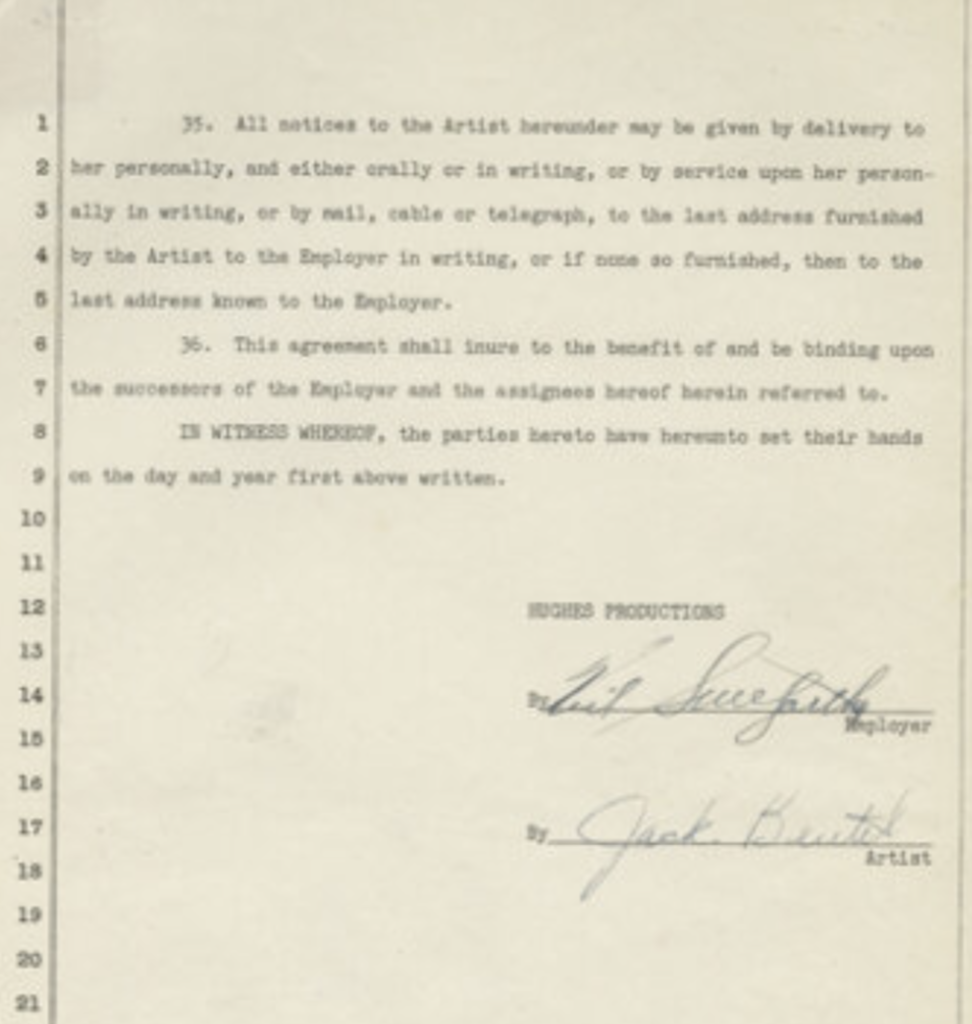

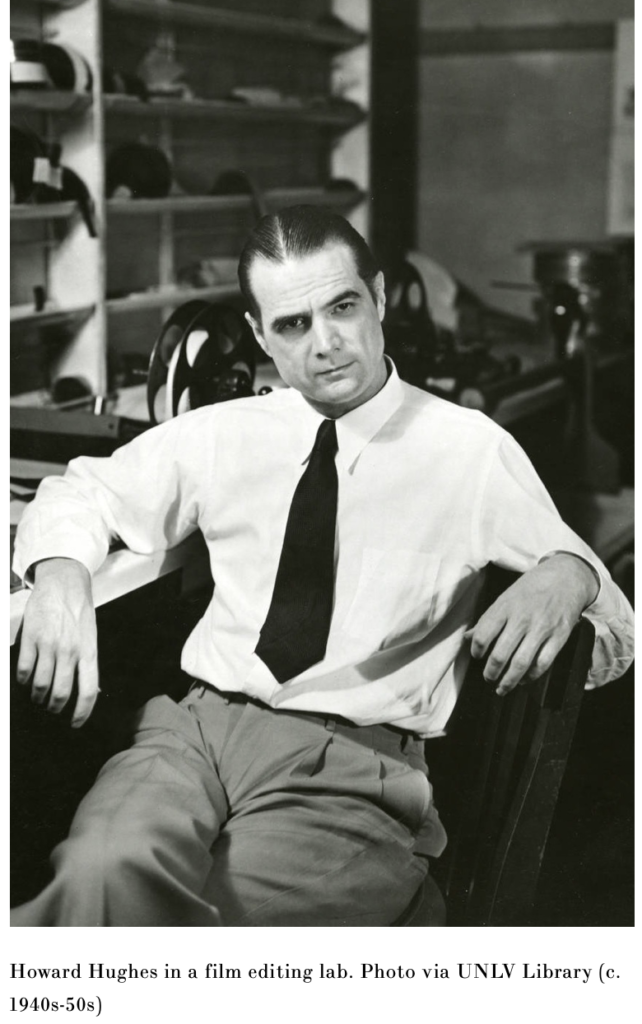
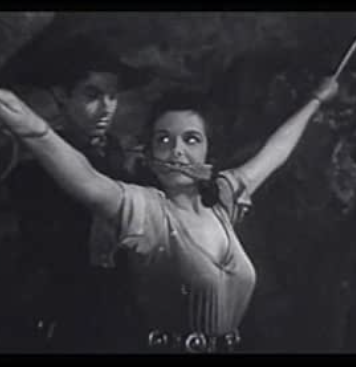
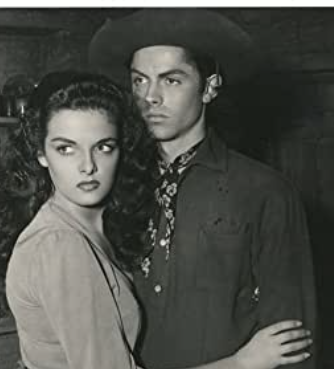
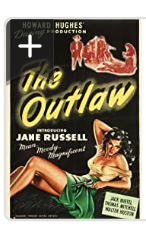
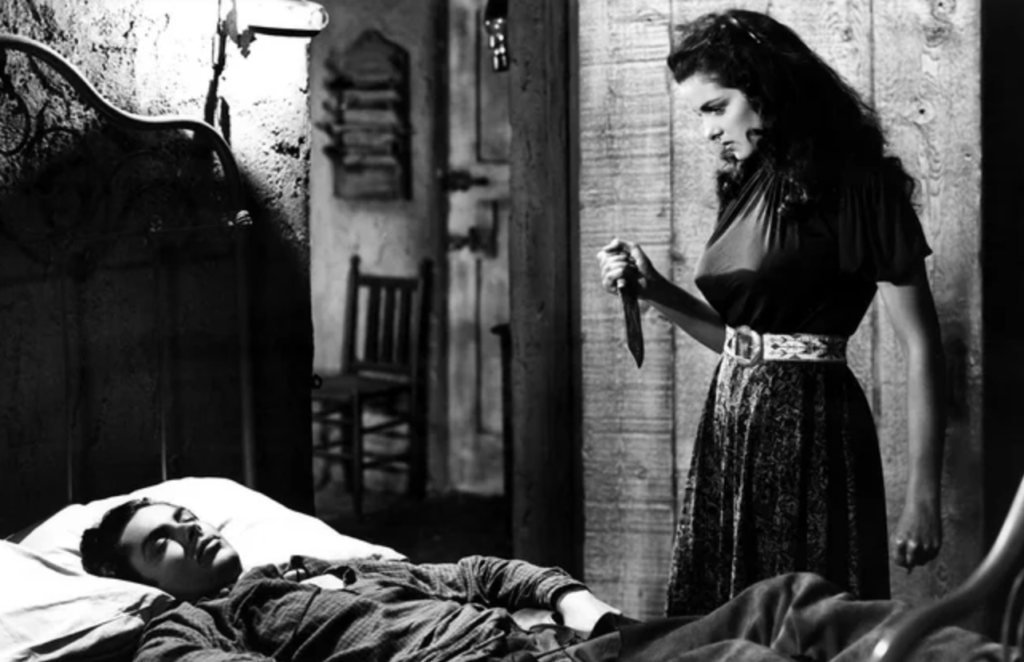
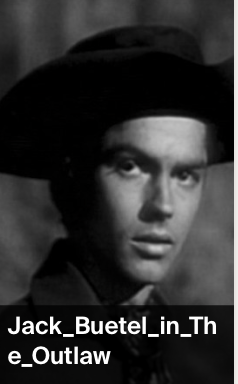
Although filmed in 1939, the film wasn’t released until 1943. It didn’t receive a wider release until 1946. The Hollywood Code censors had made significant changes to tame the film as the movie’s “sex” scenes, especially those in the hay, shocked them. The movie turned out to be a springboard for Russell, who became a major Hollywood star. For reasons not fully known, Hughes made sure Jack’s career did not take off. Jack had signed an eleven-year contract with Hughes and Hughes used him sparingly in roles. Hughes also refused to lend Jack out to studios that wanted him. Jack, meanwhile, collected his $150 per week from Hughes (the annual equivalent of about $165,000 in 2023). With little to do in Hollywood, Jack joined the Navy for a couple of years to fight in World War II.
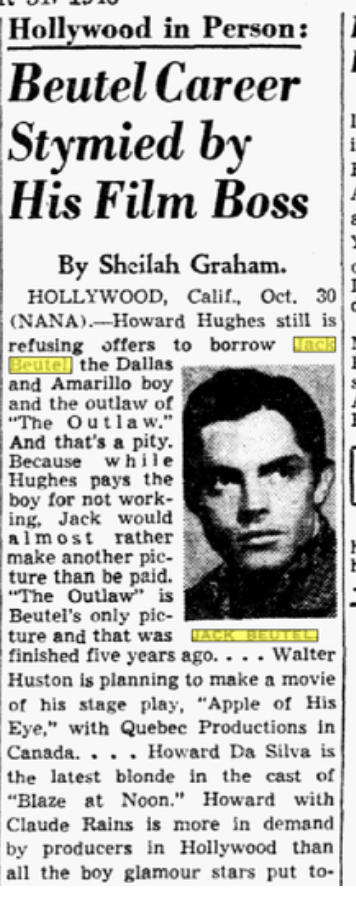
Over the years Jack married and divorced several times. He married Cereatha, Jill Meridith, Gloria Jean Bailey, and then finally Joann Jensen in 1962. After his contract with Hughes was over, Jack returned to the movies in 1951 with “Best of the Badmen” and four other movie westerns. He later appeared on television in 1955 as Deputy Jeff Taggart in 39 episodes of Judge Roy Bean. He did several other television projects until 1961. In his later years, Jack lived in Portland, Oregon with his wife, Joann, and his mother, Norma. Joann passed away in 1984, followed by Norma in 1986. After a lengthy illness, Jack passed away in 1989 at the age of 71.
